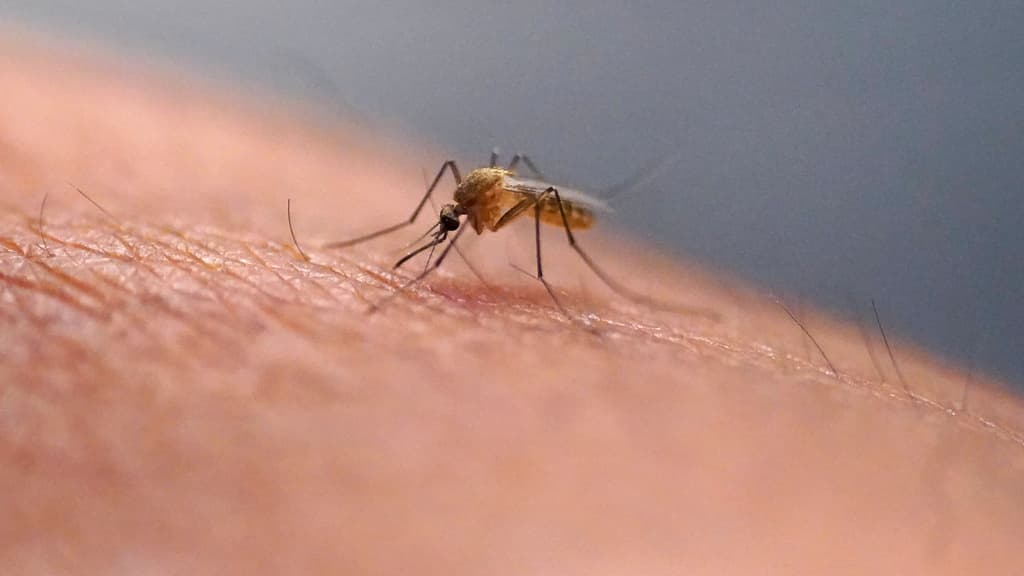In line with the strengthening climate change, invasive mosquitoes are spreading to Europe, bringing with them dangerous diseases such as dengue fever.
In 2023, 130 people were locally infected with dengue fever in the EU/EEA area, compared to 71 in 2022, according to the Stockholm-based European Centre for Disease Prevention and Control (ECDC), which has studied mosquito-borne diseases.
This figure should be compared to the 73 cases reported in total between 2010 and 2021. Dengue fever usually leads to a harmless fever, but can also develop into a potentially deadly haemorrhagic fever.
The spread of the infection in Europe is due, among other things, to several invasive mosquito species thriving better as the climate changes.
"Europe is already seeing how climate change is creating favourable conditions for invasive mosquitoes to spread to previously unaffected areas and infect more people with diseases such as dengue," says Andrea Ammon, head of ECDC.
The Asian tiger mosquito, which spreads dengue and also zika virus, is advancing in Europe and is now found in 13 countries. It originally comes from Southeast Asia. Another, the yellow fever mosquito (Aedes aegypti), which also spreads dengue and is native to Africa, has established itself in Cyprus.
ECDC says that more research is needed on how to combat the mosquitoes. At the same time, the population in the affected areas must be encouraged to take everyday measures such as wearing protective clothing, using insect repellents, sleeping in air-conditioned rooms, and removing standing water from balconies and gardens.
Aedes albopictus, the Asian tiger mosquito, originally comes from Southeast Asia. It is now established in Austria, Bulgaria, Croatia, France, Germany, Greece, Hungary, Italy, Malta, Portugal, Romania, Slovenia, and Spain. It has also been introduced in Belgium, Cyprus, the Czech Republic, the Netherlands, and Slovakia.
Last year, the species was discovered in Sweden, when eggs from two plants taken from Spain were placed in Swedish water and hatched into larvae.
The mosquito species can spread chikungunya virus, West Nile virus, and the virus that causes dengue fever.
Source: ECDC






